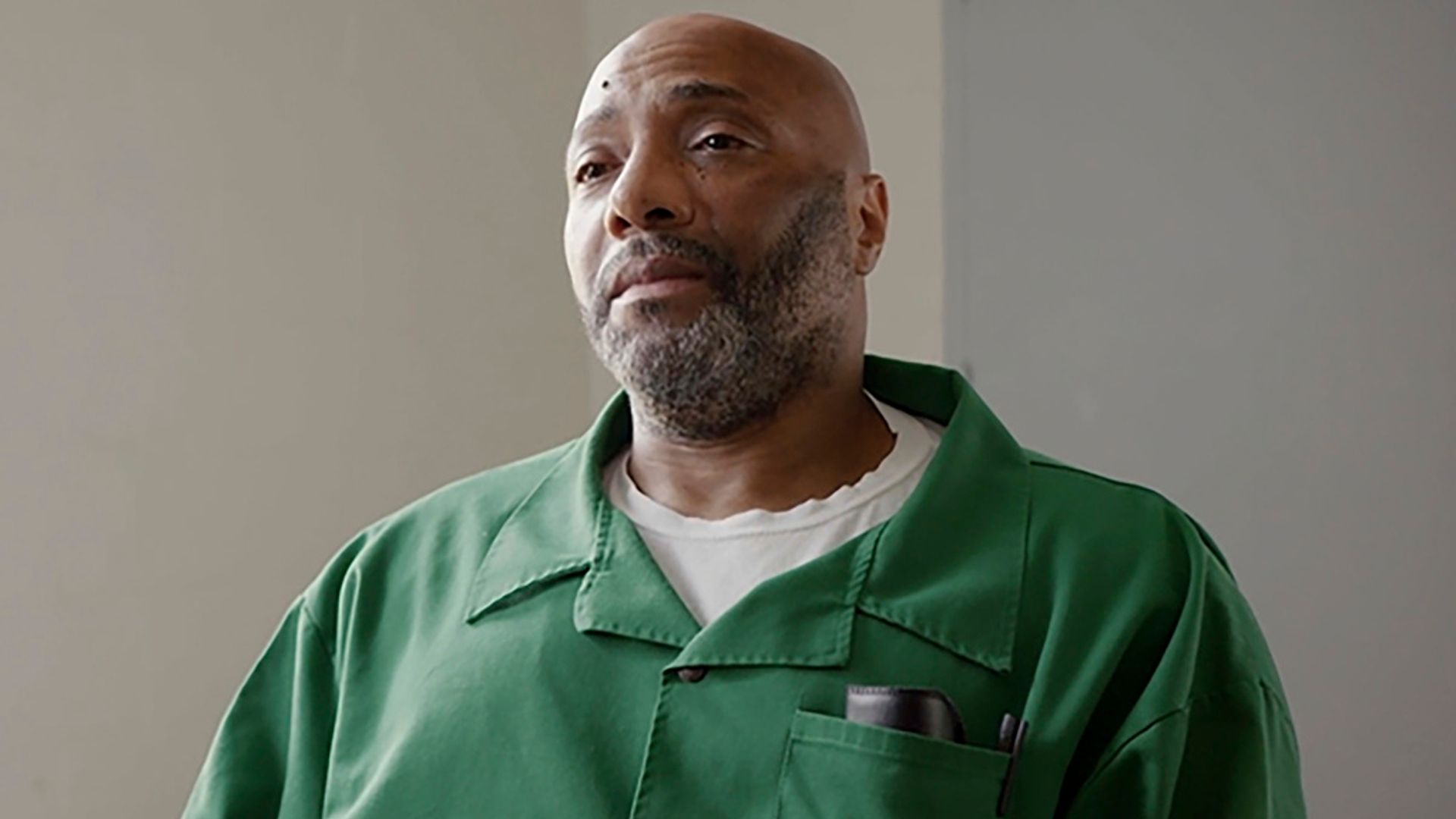Protests against China’s strict anti-lockdown measures have been paused as police were out in force on Beijing’s streets and temperatures dropped well below freezing.
Shanghai, Nanjing, and other cities where online calls to gather were issued were also reportedly quiet.
Rallies against China‘s unusually strict zero-COVID measures spread to several cities over the weekend in the biggest show of opposition to the ruling Communist Party in decades.
Some regulations were eased, apparently to try to quell public anger, but the government showed no sign of backing down on its larger coronavirus strategy, and analysts expect authorities to quickly silence the dissent.
From the streets of several Chinese cities to dozens of university campuses, protesters have shown an unprecedented level of rebellion.
Images and videos circulated online show students at universities in cities including Nanjing and Beijing holding up white paper – largely seen as a tactic used to evade censorship or arrest.
Some are accompanied by the Chinese hashtag, 白紙革命, which translates as the “white paper revolution”.
COVID-19: Australia to withdraw or refund tens of thousands of fines
China trumpeted zero-COVID policy – the problem is its people think life overseas looks a lot better
Fear and fury in China – what does President Xi do now?
Dating apps and coded messages
With China’s official media remaining quiet on any reports of the protests, opponents of the government’s anti-COVID curbs are resorting to dating apps to evade censors, in a high-tech game of cat and mouse.
Protesters who do use WeChat – the most popular but highly censored communications app – keep information to a bare minimum.
Locations of planned gatherings are given without explanation or conveyed with map coordinates or by a faint map in the background of a post.
Protesters have also been using virtual private networks (VPNs) and the Telegram app to coordinate.
VPNs are illegal for most people in China, while the Telegram app is blocked from China’s internet.
Disneyland closes over COVID curbs
Protests have spiralled after 10 people were killed during a fire in a high-rise block, with people believing strict lockdown rules prevented residents from fleeing and hampered efforts to tackle the blaze.
China has been aggressively pursuing a zero-COVID policy and while this has kept the official death toll in the thousands, it has come at a cost to the country’s citizens and economy.
Read more:
In China, tensions remain high
Les Mis revolution song plays
The ‘golden era’ is over
On Tuesday, Disneyland announced it would be closing due to COVID restrictions.
“In order to follow the requirement of pandemic prevention and control, Shanghai Disneyland will be temporarily closed starting Tuesday, 29 November,” the park said in a statement.
“We will notify guests as soon as we have a confirmed date to resume operations.”
BBC ‘acting the victim’
China’s foreign ministry accused the BBC of playing the victim after one of its reporters was detained and assaulted while covering weekend protests in Shanghai.
Ministry spokesman Zhao Lijian told a regular news conference in Beijing journalists should not engage in activities unrelated to their role.
Please use Chrome browser for a more accessible video player
He said: “The BBC reporter refused to cooperate with the police during the enforcement process, but acted like a victim, while the BBC immediately distorted the facts and made a big fuss about the so-called “arrest and beating” of the BBC reporter by the police in the course of his work, throwing dirty water on the Chinese side, which is obviously in line with the BBC’s usual practice of malicious bullying.
“Foreign journalists have the right to report on news in China according to the law, but they must also abide by China’s laws and regulations. This is no exception for any media, and has nothing to do with the so-called freedom of the press.”








